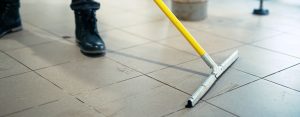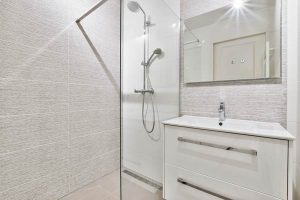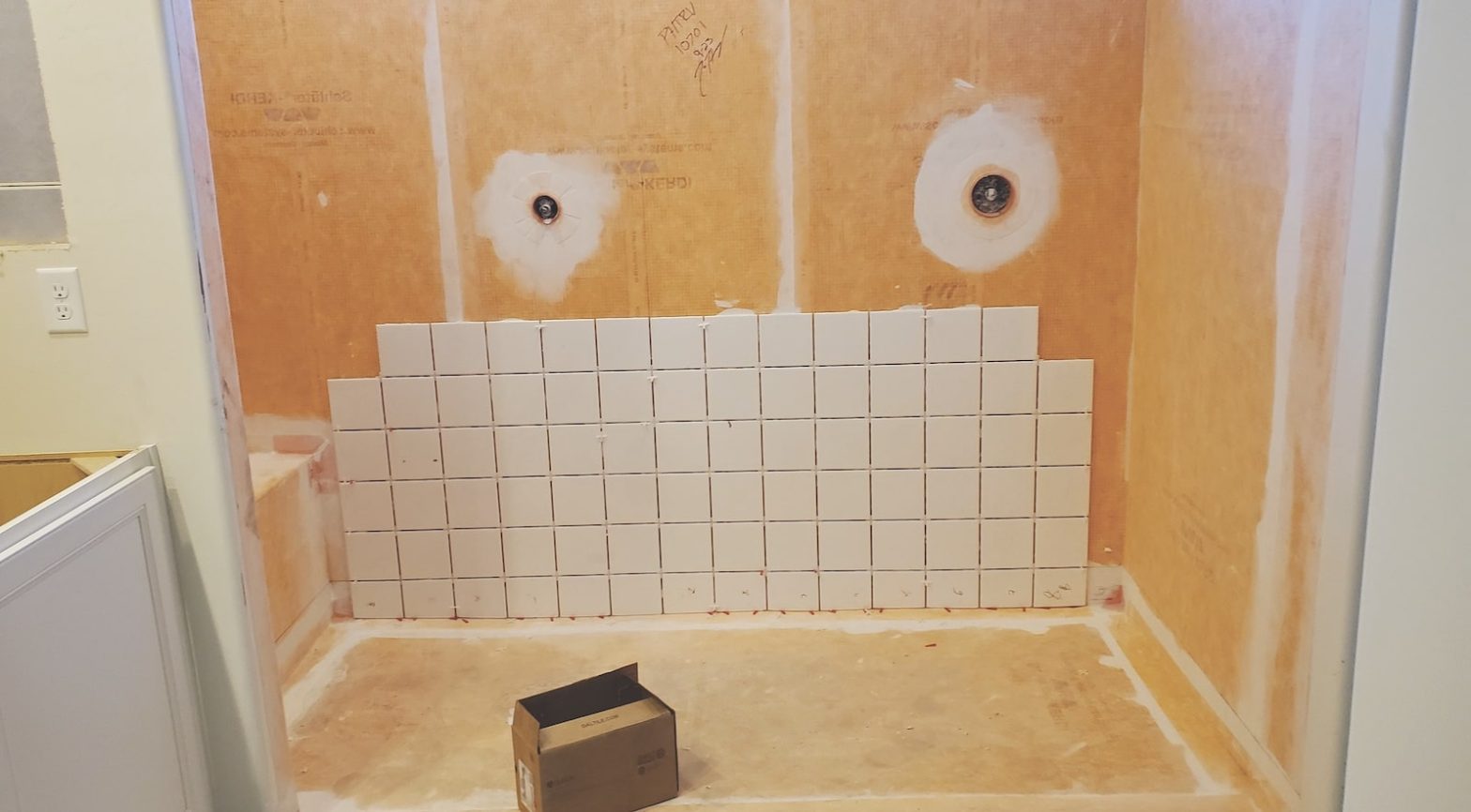The Four Types of Shower Waterproofing: A Comprehensive Guide
When it comes to building or renovating a bathroom, one of the most critical aspects is ensuring that your shower area is properly waterproofed. Without adequate waterproofing, you risk water damage, mold growth, and structural problems in your home. To help you understand the various methods of shower waterproofing, we will explore the four main types in this comprehensive guide. What are the 4 types of shower waterproofing?
1. Liquid Waterproofing Membranes
Liquid waterproofing membranes are a popular choice for shower waterproofing due to their versatility and ease of application. These products are typically available in two forms: liquid-applied and sheet membranes.
Liquid-Applied Membranes:

Liquid-applied membranes are coatings that can be brushed, rolled, or sprayed onto the shower’s surface. They are often used for the entire shower area, including walls and floors. Liquid-applied membranes create a seamless barrier that prevents water from infiltrating the substrate. Some common liquid waterproofing products include RedGard, AquaDefense, and Mapelastic.
Sheet Membranes:
Sheet membranes, on the other hand, are pre-fabricated sheets made of materials like rubber, PVC, or CPE. They are cut to fit the shower’s dimensions and adhered to the substrate using adhesive or thin-set mortar. Sheet membranes are ideal for shower floors and are easy to install. Schluter-KERDI and NobleSeal are well-known sheet membrane products.
Liquid waterproofing membranes offer excellent waterproofing capabilities and are suitable for various substrates, including cement backer boards and drywall. They are particularly effective in preventing leaks and are often used in conjunction with other waterproofing methods.
2. Waterproofing Fabric and Mesh Systems
Waterproofing fabric and mesh systems are another popular choice for shower waterproofing. These systems consist of a waterproofing membrane, typically made of fabric or mesh, which is embedded in a thin-set mortar. The combination of the fabric or mesh and the mortar creates a strong, water-resistant layer.
How It Works:
Apply a layer of thin-set mortar to the substrate.
Embed the waterproofing fabric or mesh into the mortar.
Apply another layer of thin-set mortar over the fabric or mesh to encapsulate it.
This method is excellent for shower walls and is known for its durability and flexibility. It can be used in both residential and commercial applications. Popular products in this category include Wedi, USG Durock, and Schluter-KERDI.
3. Cement Backer Boards
Cement backer boards are a more traditional method of shower waterproofing. These boards are made of cement and reinforcement fibers, and they are installed on the shower’s walls and sometimes on the floor as well. While cement backer boards are not inherently waterproof, they provide a solid and stable surface for the application of waterproofing materials, such as thin-set mortar and waterproofing fabric.
Installation Process:
Secure the cement backer boards to the wall studs or floor joists.
Tape and fill the seams between the boards to create a continuous surface.
Apply a waterproofing membrane or waterproofing fabric and mesh system over the cement backer boards.
Cement backer boards are widely used in showers because of their durability and resistance to moisture. Popular brands in this category include HardieBacker, WonderBoard, and Durock.

4. Surface Waterproofing Systems
Surface waterproofing systems, also known as topical sealers, are designed to be applied directly to the surface of the shower substrate. These sealers come in various forms, including liquid-applied coatings and roll-on membranes. They are typically used in conjunction with other waterproofing methods, such as cement backer boards or waterproofing fabric and mesh systems, to provide an extra layer of protection.
Application Process:
Clean and prepare the substrate.
Apply the surface waterproofing sealer according to the manufacturer’s instructions. What are the 4 types of shower waterproofing?
Surface waterproofing systems are often used in showers to prevent water from seeping into grout lines and tile surfaces. They are suitable for both walls and floors. Some well-known products in this category include Aqua Mix Sealers, RedGard Waterproofing, and Laticrete Hydro Ban.
Choosing the Right Shower Waterproofing Method
When it comes to choosing the right shower waterproofing method, there are several factors to consider: https://allsydneywaterproofing.com/bathroom-waterproofing-sydney/
Substrate Type: The type of substrate you have (e.g., cement backer board, drywall, or concrete) will influence your choice of waterproofing method.
Budget: Some methods are more cost-effective than others, so your budget may play a significant role in your decision.
Installation Expertise: The ease of installation and your level of expertise in applying waterproofing materials should also be considered.
Shower Design: The design of your shower, including the size and shape, may affect which waterproofing method is most appropriate.
Local Building Codes: Be sure to check your local building codes and regulations, as they may dictate which waterproofing methods are acceptable.
In many cases, a combination of waterproofing methods may be used to ensure the highest level of protection. It’s essential to consult with a professional contractor or installer to determine the best approach for your specific shower project.
Conclusion
Proper shower waterproofing is crucial to the longevity and structural integrity of your bathroom. The four main types of shower waterproofing methods, including liquid waterproofing membranes, waterproofing fabric and mesh systems, cement backer boards, and surface waterproofing systems, offer various options to suit your specific needs and preferences.
Choosing the right method will depend on factors such as your budget, substrate type, and installation expertise. When in doubt, it’s always wise to consult with a professional to ensure that your shower remains a watertight and enjoyable part of your home for years to come.

